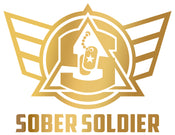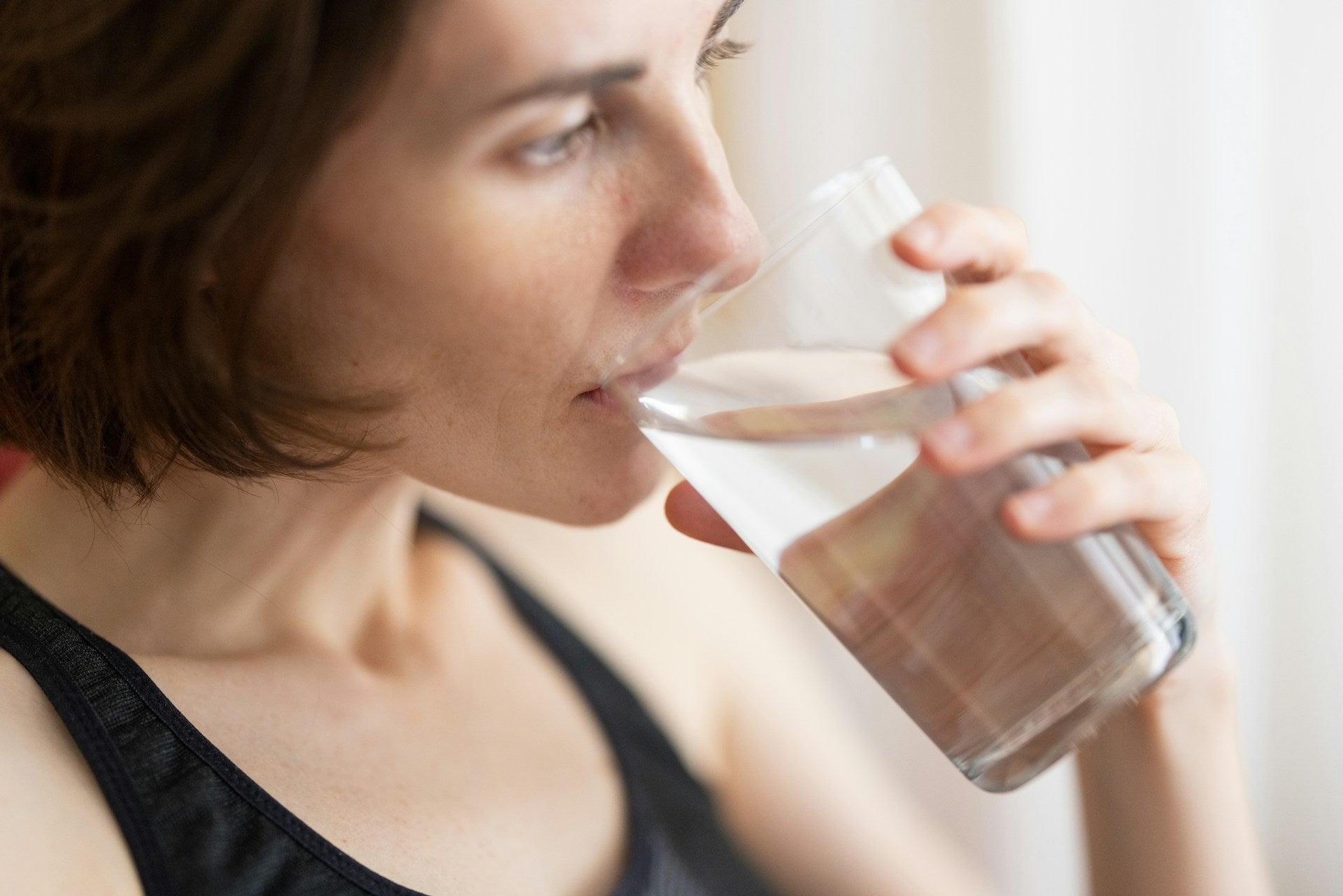Addiction recovery is a mosaic; every piece matters. Therapy, support groups, medication, nutrition. But what about the simplest, most primal tool of all?
Water.
We forget its power because it doesn’t come in a prescription bottle or a 12-step mantra. Yet dehydration lurks like a saboteur in early recovery, amplifying fatigue, cravings, and despair.
Think of your body as a city after a storm. Addiction leaves streets flooded with toxins, bridges (your nerves) frayed, power lines (your brain chemistry) sparking.
Now imagine trying to rebuild without clearing the wreckage first. Water does that silent, urgent work: hauling off the metabolic debris of substance use, cooling inflammation’s fires, replenishing the deserts left in your cells.
But here’s the cruel irony: addiction trains you to ignore thirst. Alcohol suppresses vasopressin, leaving you parched but oblivious.
Stimulants trick you into forgetting to drink for hours. Opioids parch mucous membranes like a drought. And when you quit?
The body’s cries for hydration often masquerade as hunger, anxiety, or exhaustion, triggers that can send you spiraling toward relapse.
This isn’t just about drinking “enough.” It’s about recognizing water as an active healer, not a passive backdrop. From stabilizing mood swings to sharpening the mind’s fight against cravings, hydration is the unsung warrior in recovery’s trenches. Let’s explore why and how to make it your ally.
Here at Sober Soldier, we believe that hydration is the key to addiction recovery, regardless of where you are starting from. This blog is our attempt to help you understand the true value of hydration.
Why Hydration Matters in Recovery
Your body is engaged in the critical work of rebuilding after addiction, and water serves as the essential foundation for this repair process.
Substance abuse doesn't merely affect your mind; it systematically depletes your body's fluid reserves, leaving you in a dehydrated state before recovery even begins.
The Body in Repair: How Addiction Dehydrates
Different substances impact your hydration in distinct ways. Alcohol operates as a master deceiver; it forces excessive urination while creating the illusion of fluid consumption.
Stimulants such as cocaine and methamphetamine drive your body into overdrive, rapidly depleting water stores through perspiration and suppressed thirst mechanisms.
Opioids present a different challenge, while not directly causing fluid loss, they create arid conditions in your mouth and digestive tract, leading to constipation and parched mucous membranes.
When you cease substance use, your body starts from a position of fluid deficiency, immediately complicating the recovery process.
Detoxification's Thirst: Water as Your Internal Cleanup Crew
Detoxification represents your body's emergency response to prolonged toxin exposure, with water serving as its most crucial resource.
Your liver and kidneys labor intensely to filter harmful substances, but without adequate hydration, they're forced to process thickened, sluggish fluids.
Proper hydration performs several vital functions: it dilutes blood concentration, facilitates waste elimination, and optimizes organ function.
Imagine the difference between pouring water through a clean filter versus trying to force molasses through a clogged one; this illustrates hydration's role in efficient detoxification.

Brain Fog vs. Clarity: Why Dehydration Feels Like Relapse Danger
Have you noticed how thirst impairs your cognitive abilities? In recovery, even mild dehydration creates significant obstacles.
Your brain depends on proper hydration to maintain optimal function, and when fluid levels drop, you may experience confusion, irritability, and heightened anxiety.
These symptoms present serious risks, and they mirror withdrawal effects and create prime conditions for craving triggers.
Maintaining proper hydration delivers multiple benefits; it sustains mental sharpness, stabilizes mood fluctuations, and helps manage compulsive urges.
The Amazing Power of Water in Addiction Recovery
Did you know water is like a superhero for your body? When you're recovering from addiction, drinking enough water helps your body and brain heal faster. Let's learn all the cool ways water helps you feel better!
1. Water Helps Your Brain Make Happy Chemicals
Your brain has special messengers that control how you feel:
-
Dopamine: Makes you feel motivated and happy
-
Serotonin: Helps you feel calm and peaceful
When you don't drink enough water:
☹️ Your brain makes less of these happy chemicals
☹️ You might feel grumpy or tired all the time
☹️ It's harder to stay positive about recovery
But when you drink water:
😊 Your brain can make more happy chemicals
😊 You'll have more energy to do fun things
😊 Recovery feels a little easier each day
2. How Your Body Talks to You
Your body sends signals when it needs more water:
💡 Headaches - Your brain is saying "I need water!"
💡 Feeling super tired - Your cells need water to make energy
💡 Dry mouth - Your spit helps fight germs, so drink up!
💡 Muscle cramps - Water helps your muscles relax
These aren't just small problems - they can make recovery feel much harder. But the good news? Drinking water can fix them fast!
3. Water Is Nature's Mood Booster
Scientists have discovered awesome facts about water:
🔬 People who drink enough water feel less worried and stressed
🔬 Your brain works 25% better when you're hydrated
🔬 Water helps your medicine work better (up to 22% better!)
🔬 Even mild dehydration can make you feel sad or angry
4. Easy Ways to Drink More Water
Try these fun ideas:
-
Carry a cool water bottle you like
-
Add fruit slices to make the water taste good
-
Drink a glass when you wake up and before bed
-
Eat juicy foods like watermelon and cucumbers
Remember: When you feel thirsty, your body is asking for help! Drinking water is one of the easiest and most powerful ways to help your recovery. Every sip is helping your brain and body heal!
Super Simple Ways to Drink More Water in Recovery
Drinking enough water doesn't have to be boring! Here are some fun, easy ideas to help you stay hydrated while you're getting better.
1. Make Water Fun (Not Forced!)
Instead of making water feel like homework, turn it into something special:
✨ Fruit Spa Water - Try these yummy combos:
-
Strawberry + cucumber slices
-
Lemon + mint leaves
-
Orange + blueberry ice cubes
✨ Warm & Cozy Options - Herbal teas count too!
-
Chamomile for relaxation
-
Peppermint for energy
-
Ginger for happy tummies


2. Let Technology Be Your Water Buddy
Your phone can help remind you in cool ways:
📱 Plant Nanny App - Grow cute virtual plants by logging your water
⏰ Phone Reminders - Set fun alerts like:
-
"Time to water your brain!"
-
"Hydration check-in - you got this!"
-
"Treat yourself to a water break"
3. Turn Hydration Into Group Fun
💙 Recovery Group Challenges - Try:
-
A "Hydration Week" with sticker charts
-
Sharing favorite fruit water recipes
-
Cheering when everyone hits their water goal
💙 Therapy Session Water Breaks - Pause meetings for:
-
A mindful minute of drinking water together
-
Sharing how hydration helps their recovery
-
Passing around infused water to try
Bonus Pro Tip: Keep a special "recovery water bottle" with you everywhere - decorate it with encouraging words or recovery symbols that bring a smile to your face!
Remember: Every sip is helping your body heal. What matters most is finding ways to drink water that feel good for YOU! 🎉
Final Thought
Think of every glass of water as a high-five for your recovery! 💙 Staying hydrated isn’t just about drinking fluids; it’s about giving your brain and body the love they need to heal.
Remember:
🌱 Small sips = big wins: Even if you forget sometimes, just start again. Progress over perfection!
🌱 You’ve got backup: Use apps, friends, or yummy fruit waters to make it fun and easy.
🌱 Your body says THANK YOU: Better moods, clearer thinking, and more energy are on the way.
Next time you feel a craving or get tired, try this first: Pause. Breathe. Drink. Water might not fix everything, but it’s the simplest, kindest thing you can do for yourself today.





